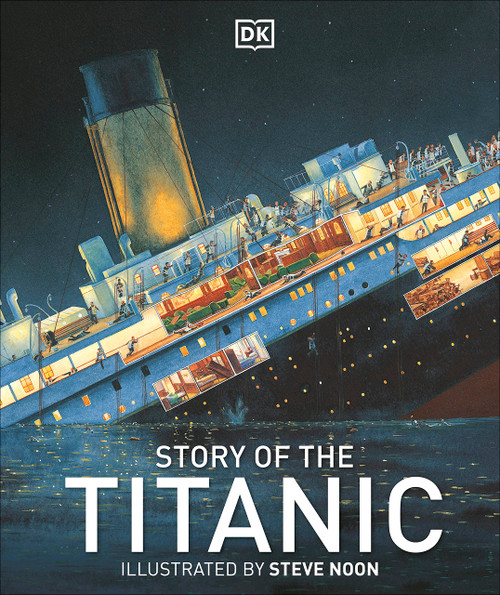A magisterial, unprecedented overview of the clouded and turbulent years before World War II.
It was a decade dominated worldwide by the Great Depression, by unemployment and hardship; a time when human achievement was matched by pervasive fear; when the great neon metaphors of hope that rose up after World War I--Broadway, Piccadilly Circus, the Kurfrstendamm, the Ginza--grew dim both literally and figuratively. It was a decade during which darkness often masqueraded as light--Hitler's abolition of unemployment in Germany; Stalin's plans for progress and social equality in Russia; Mussolini's revival of Italy--while governments established and maintained control through brutal physical repression and the more nsidious, lasting repressions of truth: sanctioned deception and relentless propaganda. It was a decade during which a diffuse economic and social crisis condensed into a massive political and military storm.
Focusing individually on each of the primary staging grounds for history during the 1930s--the United States, Germany, Italy, France, Britain, Japan, Russia and Spain--Piers Brendon traces the particular and diverse experiences of the decade. Political and economic circumstances form the framework of this breathtaking work of scholarship, but it is also the story of people: both of crucial figures--Hitler, Stalin, Mao, Roosevelt, Franco, Chiang Kai-Shek and Mussolini, to name a few--and of a secondary, but no less fascinating, cast of characters, including George Orwell, Leni Riefenstahl and Ernest Hemingway. Brendon vividly conjures the texture and tone of life in places as far-flung as Paris and Kyoto, Vienna and Shanghai, Magnitogorsk in the Ural Mountains and Norris in the Tennessee Valley. He depicts the circumstances of the Ukrainian famine and the American Dust Bowl, the Night of the Long Knives and the conquest of Ethiopia, the bombing of Guernica, the Anschluss and the great Soviet purges. He describes the clothes people wore, the food they ate, the books and newspapers they read, the work they did or lacked, the beliefs they held, the pleasures they enjoyed, the sufferings they endured.
The public sphere and the personal realm, the collective lives of nations and the details of individual lives--each element of the book contributes to its brilliant elucidation of the ways in which, during the 1930s, political power obscured knowledge, economic catastrophe darkened understanding and the foundation was laid for the most profound and far-reaching crisis of modern times.
The Dark Valley is a revelation of the ten years that set the course for the remainder of the twentieth
century.
The Dark Valley: A Panorama of the 1930s
$24.14 - $35.70
- UPC:
- 9780375408816
- Maximum Purchase:
- 3 units
- Binding:
- Hardcover
- Publication Date:
- 2000-10-03
- Release Date:
- 2000-10-03
- Author:
- Piers Brendon
- Language:
- english










